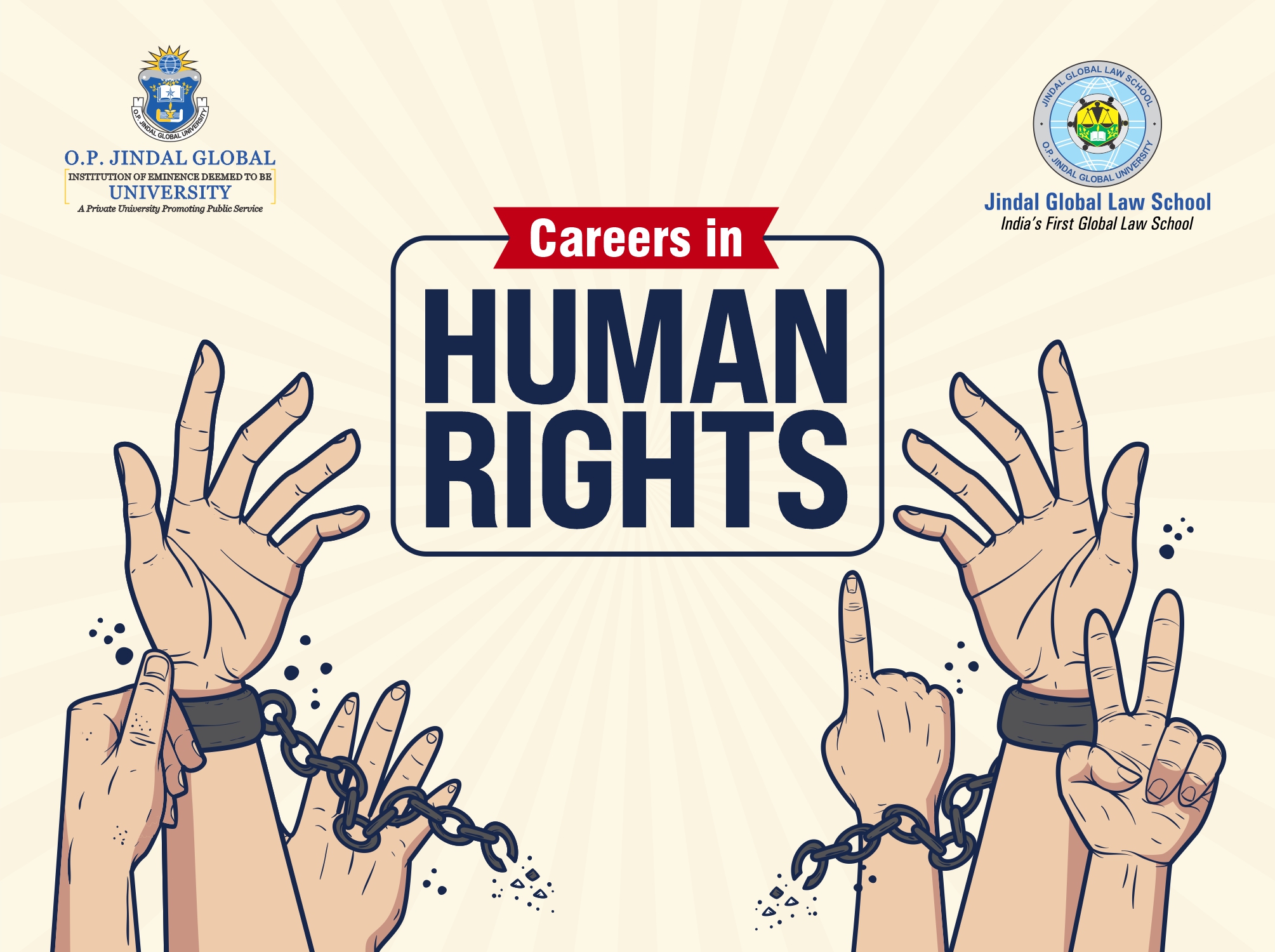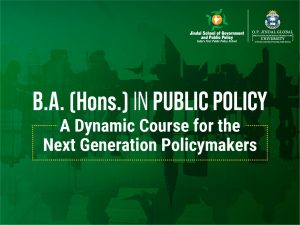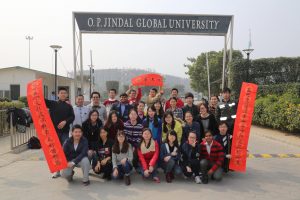World cares about Human Rights since the dawn of age. In the year 1760 BC, the Babylon king Hammurabi drafted the “Code of Hammurabi” that shared the idea of ‘making justice reign in the kingdom and promote the good of the people’. Similarly, in the year 528 BC – 486 BC, Gautam Buddha spread the teaching of morality, non-violence and right conduct from India. Coming to the pre-modern age, in 1945 we see the United Nations coming to life in order to secure the dignity and worth of every human being and in 1948 the United Nation adopts the Universal Declaration of Human Rights.
Human Rights is also one of the building blocks that has helped the world in creating the concept of “Democracy” and understanding how to administer a country in a peaceful manner. It is because of Human Rights that we as citizens understand that idea of individuality and respect each other.
There are several career options that one can think of while entering the field of Human Rights. A student choosing to study and specialise in Human Rights, can become an Advocate. Human Rights by its very name suggests that issues relating to the personal rights of people around the world are in dispute. Hence, people need and seek good lawyers to help them with their legal battles. Human Rights advocates can work at a local, national as well as international level. They can work as lawyers at NGOs, various intergovernmental organizations, law firms and for the government. To become a Human Rights advocate, one not only need to finish their specialization in Human Rights but also need to pass the law school and qualify for their bar exam. There are a variety of issues that a Human Rights advocate can practice in – for example: immigration rights, child rights, environmental rights, rights of refugees, war crimes, gender discrimination, etc. In order to be able to enter the world of Human Rights advocacy, one must have a concrete knowledge of all international human rights laws and the functionality of international courts.
If a student wants to contribute directly towards the development of Human Rights policies and enjoys communicating to masses, then they can choose the career of a Human Rights Campaigner. A Human Rights Campaigner is someone that creates, develops, and then promotes different Human Rights campaigns in order to generate awareness and reach the general public. Of course, Campaigners are required to have a certain skill set that goes beyond the knowledge about Human Rights laws and issues. The quality of using intelligible and catchy words and phrases that are commonly used by the public to whom he/she is addressing becomes imperative. Campaigners are often trained in gender-sensitive language and rhetoric, writing and inclusive design, and they know meticulously what resonates with their audiences. The Campaigners are basically the face of their organisation and possess great responsibilities upon their shoulders to ensure no wrong information or agenda is communicated to the public.
Many times students recognise that the power of education is beyond any other power that other practitioners of Human Rights have. Indeed, the source of any concept’s development is first done academically and then applied practically. For students who aspire to make the world a better place by creating educational tools, can choose to become Human Rights Educator and Researcher. A really strong hold of the pedagogy and epistemology of Human Rights become primal for this job. A Human Rights Educator need not be a teacher in a university or college, rather she/he can join an international or national organisation and while representing their organisation’s goals, they can educate the public in general. One of the main roles of a Human Rights Educator is to enable people to stand up for their rights and the rights of others, which makes this one of the most vital career paths in the human rights sector.
Slightly contrary to the job of a Human Rights Educator, a Human Rights Researcher is someone that has the responsibility of picking problems out and developing studies upon it, in order to help develop policies that could improve the condition of Human Rights in a demographic. The role of a Researcher is very intense as it requires a lot of investigation, conducting field trips, generating interviews and eventually drafting reports on the basis of their findings. Human Rights Researchers have a deep knowledge of human rights law and context in a particular country or region, and often specialise in specific topics or issues that have acquired deep expertise over the years. Human Rights Researchers monitor news reports, conduct interviews, use satellite imagery, and collect information using social media forensics and a variety of other sources. Some Human Rights researchers work in the office, while others go on field trips and participate in human rights missions to collect evidence. Human rights researchers work with others to produce reports of findings that human rights groups use as references.
One can work for powerful international organisations such as the United Nations and its agencies, Amnesty International, and the Bill and Melinda Gates Foundation. But the truest compensation in a Human Rights job is the opportunity to make a difference in people’s lives all around the world, to effect positive change, and to speak up for what you believe is right.




